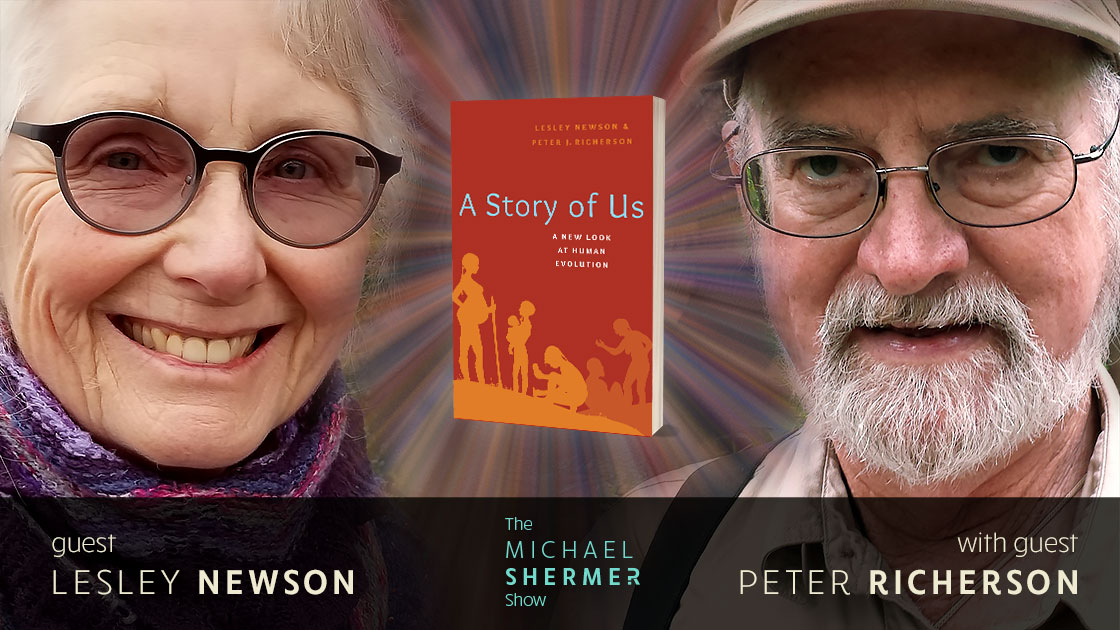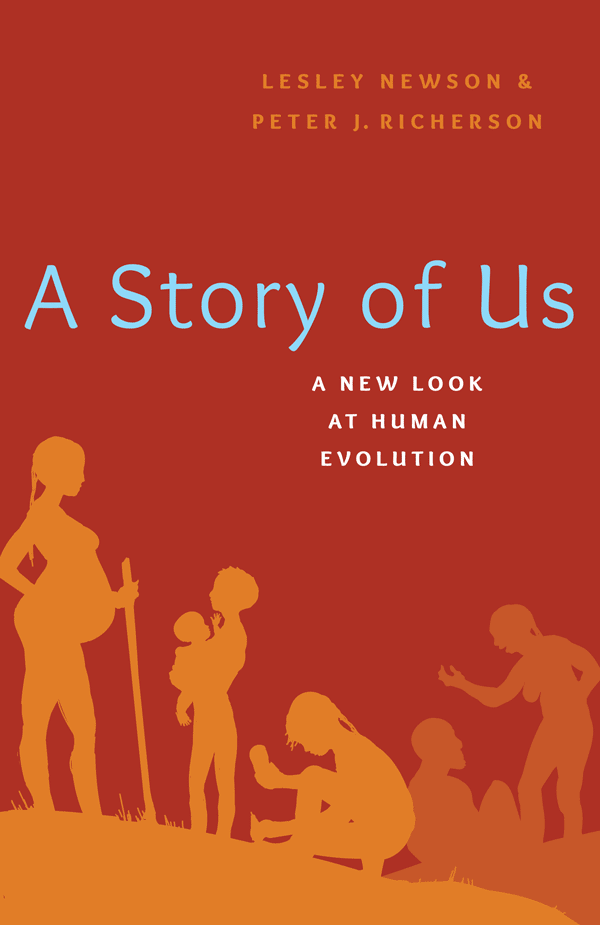In a few decades, a torrent of new evidence and ideas about human evolution has allowed scientists to piece together a more detailed understanding of what went on thousands and even millions of years ago. We now know much more about the problems our ancestors faced, the solutions they found, and the trade-offs they made. The drama of their experiences led to the humans we are today: an animal that relies on a complex culture. We are a species that can and does rapidly evolve cultural solutions as we face new problems, but the intricacies of our cultures mean that this often creates new challenges.
Our species’ unique capacity for culture began to evolve millions of years ago, but it only really took off in the last few hundred thousand years. This capacity allowed our ancestors to survive and raise their difficult children during times of extreme climate chaos. Understanding how this has evolved can help us understand the cultural change and diversity that we experience today.
Lesley Newson and Peter Richerson, a husband-and-wife team based at the University of California, Davis, began their careers with training in biology. The two have spent years together and individually researching and collaborating with scholars from a wide range of disciplines to produce a deep history of humankind. In A Story of Us, they present this rich narrative and explain how the evolution of our genes relates to the evolution of our cultures. Newson and Richerson take readers through seven stages of human evolution, beginning seven million years ago with the apes that were the ancestors of humans and today’s chimps and bonobos. The story ends in the present day and offers a glimpse into the future.
Lesley Newson is Research Associate at the University of California, Davis. Her first career was as a science communicator. She was a writer and producer of radio and television science programs for the BBC and has also written a number of books, including Devastation! The World’s Worst Natural Disasters (DK Publishing, 1998) and All About People (Scholastic, 1995). In her mid-40s, her growing interest in human evolution caused her to try a career change. In 2002, she received a PhD for her investigation of potential evolutionary explanations for the recent rapid change in people’s beliefs about childbearing. This work led to her meeting, collaborating with, and eventually marrying her co-author. She continues to study the evolution of modern culture today.
Peter Richerson is Distinguished Professor Emeritus in the Department of Environmental Science and Policy at the University of California, Davis. During his first career, he studied the ecology of lakes, but he also became increasingly interested in human evolution. Beginning in the 1970s, he and colleague Rob Boyd were among the scholars who laid the foundation of cultural evolutionary theory. This work has been hugely influential in the development of “dual-inheritance theory,” which looks at how genes and culture co-evolve. His books with Rob Boyd include Culture and the Evolutionary Process (1985) and Not by Genes Alone (2005) (University of Chicago Press, 2005). His current research is focused on cultural evolution, the origins of tribal and larger scale cooperation, and the origins of agriculture.
Shermer and Newson and Richerson discuss:
- human nature / nurture,
- gene-culture coevolution,
- ape culture, mating behavior, social organization,
- archaeological evidence for the EEA,
- modern hunter-gatherers evidence of the EEA,
- sex differences in mating cognition and behavior,
- mother-infant bonding and attachment,
- in-group / out-group bias, bonding, empathy, xenophobia,
- cooperation vs. competition / selfish genes vs. collection action problems,
- Why such big brains?
- Why language and conceptual cognition?
- Why farming? Why civilization?
- What is culture?
- WEIRD: Western, Educated, Industrialized, Rich, Democratic. Joe Henrich
- What are emotions and why do we have them?
- epigenetic inheritance,
- gender division of labor,
- marriage, monogamy, polygamy,
- evolution of morality,
- neanderthals and speciation,
- social tools,
- inner demons and better angels, and
- violence and wars in our paleolithic ancestors.
If you enjoy the podcast, please show your support by making a $5 or $10 monthly donation.
This episode is sponsored by Wondrium :
Dead Radio Comes Back to Life — Blooper Reel
- Meet little Vincent who walks in on the show, then wife Jennifer and the dog Hitch
- Mysterious “dead” radio I wrote about in Scientific American came on again in the middle of the show
My wife’s grandfather’s 1977 radio was dead since the 90s. It came back on spontaneously on our wedding day in 2014. It’s been dead ever since until it suddenly awoke during this podcast. Crazy!
This episode was released on July 10, 2021.











